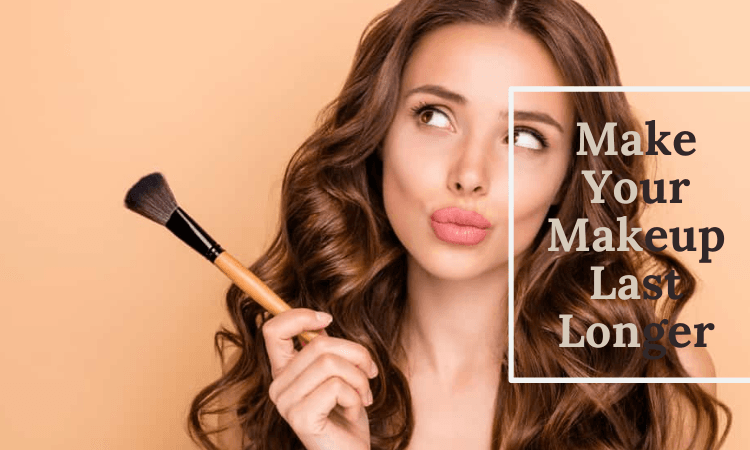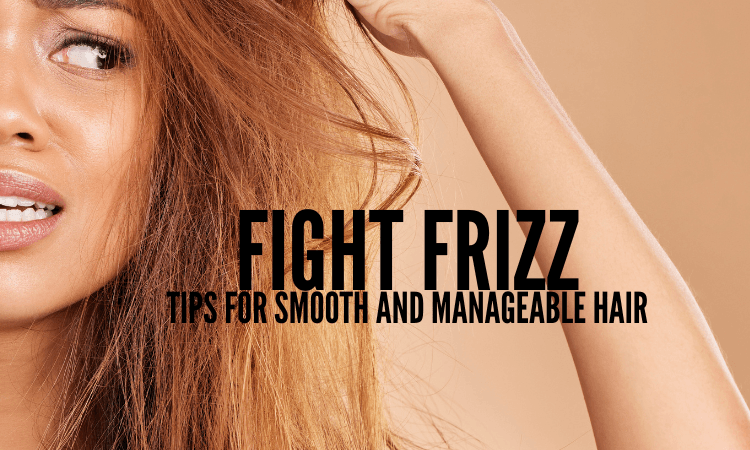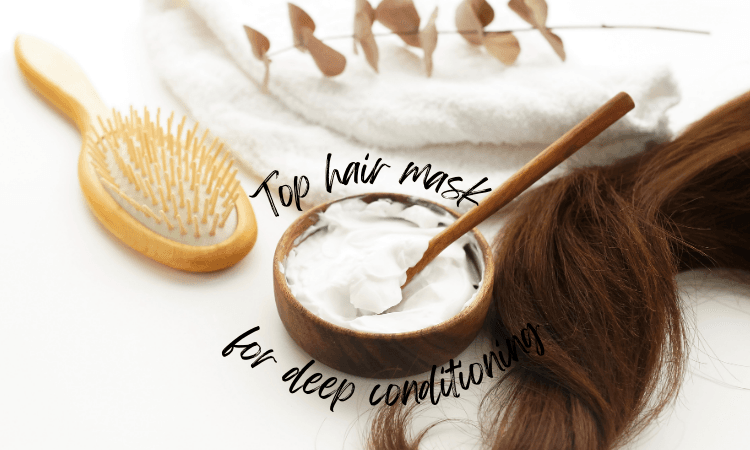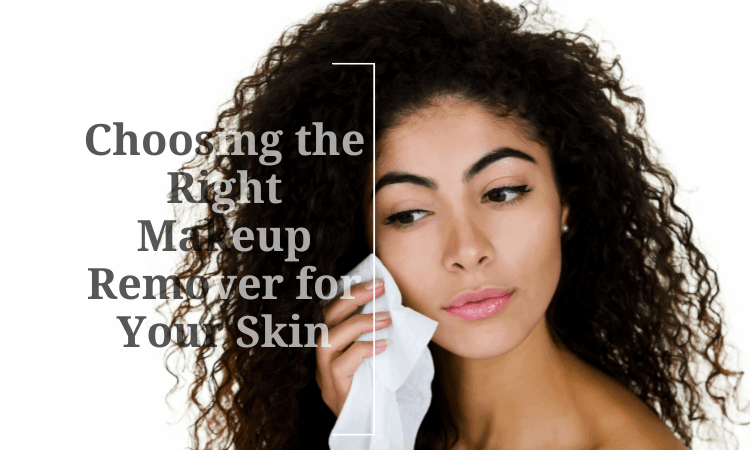Dandruff is a common scalp issue that affects many people. It involves the shedding of dead skin cells, often leading to visible flakes and itching. While dandruff can be uncomfortable and sometimes embarrassing, there are various ways to treat it. From specialized shampoos to natural remedies, this article will explore effective treatments for dandruff and other scalp-related problems. Whether you have a mild or severe case, understanding the root causes and finding the right solutions can help you achieve a healthier scalp.
Understanding Dandruff
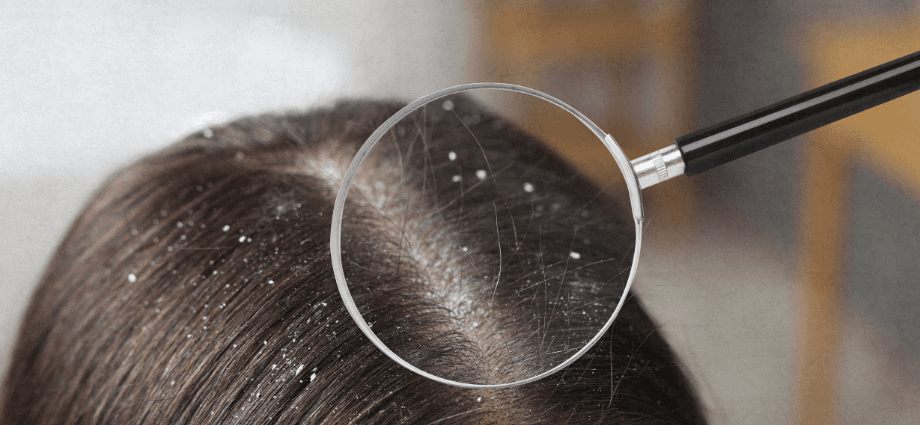
Although dandruff is not usually a serious condition, it can be uncomfortable and embarrassing. Itching and irritation are common symptoms, and in severe cases, it can cause inflammation on the scalp. Identifying the underlying cause of dandruff is crucial in choosing the appropriate treatment to keep the scalp healthy and reduce flakiness.
What is Dandruff?
Dandruff is the condition where the skin on your scalp sheds in flakes. It can occur for various reasons, such as a dry scalp, oily skin, or fungal infections. The flakes are often visible on the shoulders, which can be bothersome and lead to self-consciousness. It’s important to understand that dandruff is usually harmless but can indicate an underlying issue like dry skin, seborrheic dermatitis, or a fungal infection. Identifying the cause can guide you in choosing the right treatment.
Common Causes of Dandruff
Several factors can contribute to the development of dandruff. Dry skin, often worsened by cold weather, can result in flaky skin on the scalp. An overproduction of oil can also cause dandruff, as it provides an environment where Malassezia, a yeast-like fungus, can thrive. In some cases, sensitivity to hair care products can trigger dandruff or worsen the condition. Understanding the cause of dandruff can help you select the most effective treatment for your scalp.
Best Practices for Treating Dandruff
Best practices for treating dandruff include using gentle shampoos, maintaining scalp hygiene, and applying targeted treatments to control flakes.
Regular Scalp Care Routine

Maintaining a regular scalp care routine is crucial to preventing and treating dandruff. This includes washing your hair frequently to remove excess oil and buildup of dead skin cells. When washing, use lukewarm water instead of hot water, which can further dry out the scalp. Avoid using harsh shampoos that strip your scalp of natural oils, as this can exacerbate dryness. Instead, opt for shampoos that are gentle and specifically formulated for dandruff control.
Use Anti-Dandruff Shampoos
Anti-dandruff shampoos are one of the most effective ways to control flakes and reduce scalp irritation. These shampoos contain active ingredients like zinc pyrithione, selenium sulfide, or ketoconazole, which help target the underlying causes of dandruff. Zinc pyrithione helps fight fungal growth, while ketoconazole targets the Malassezia fungus. Using a specialized anti-dandruff shampoo regularly can help reduce symptoms and keep your scalp healthy.
Natural Remedies for Dandruff
Natural remedies for dandruff include oils, herbs, and gentle treatments.
Aloe Vera for Scalp Health
Aloe vera is known for its soothing and moisturizing properties. It helps alleviate scalp irritation, reduces inflammation, and promotes a healthy scalp. Applying aloe vera gel directly to the scalp can help hydrate and calm dry, itchy skin. For best results, apply aloe vera gel to the scalp and leave it on for 15–20 minutes before rinsing it out with cool water. This natural remedy can provide long-term relief from dandruff symptoms.
Tea Tree Oil
Tea tree oil has antifungal properties that can help control dandruff caused by fungal infections. It works by reducing the growth of Malassezia, a fungus that is often linked to dandruff. Tea tree oil can be applied to the scalp by mixing a few drops with a carrier oil, such as coconut or olive oil. Massage the mixture into your scalp, leave it for 15–20 minutes, and rinse it out. Tea tree oil can significantly improve scalp health and reduce the occurrence of flakes.
Apple Cider Vinegar
Apple cider vinegar is a great natural remedy for dandruff due to its acidic nature, which helps balance the pH of your scalp. It can help prevent the growth of fungi and bacteria that may contribute to dandruff. To use apple cider vinegar, dilute it with equal parts water and apply the mixture to your scalp. Leave it on for 5–10 minutes before rinsing thoroughly. This solution can help remove buildup and restore the scalp’s natural pH balance, preventing dandruff from recurring.
Lifestyle Changes to Help Prevent Dandruff
Lifestyle changes can play a key role in managing and preventing dandruff.
Eating a Healthy Diet
A diet rich in essential vitamins and minerals, such as zinc, omega-3 fatty acids, and B vitamins, can help prevent dandruff. Zinc, found in foods like nuts and seeds, regulates oil production and supports skin health. Omega-3 fatty acids, found in fish like salmon, reduce inflammation and promote healthy skin. Including these nutrients in your diet may reduce dandruff flare-ups and improve overall scalp health.
Managing Stress
Stress is a known contributor to scalp issues like dandruff. Stress can trigger inflammation and imbalances in the body, affecting the scalp and hair. Finding ways to manage stress, such as practicing yoga, meditation, or engaging in regular physical activity, can help reduce dandruff symptoms. Additionally, adequate sleep is essential for overall skin health. By managing stress and adopting a healthier lifestyle, you can improve the condition of your scalp and reduce the frequency of dandruff outbreaks.
When to Consult a Dermatologist
Consult a dermatologist if dandruff persists despite treatments, worsens, or if scalp irritation, redness, or inflammation occurs.
Persistent or Severe Symptoms
If your dandruff persists despite using over-the-counter shampoos and natural remedies, or if the flakes are severe, it may be time to consult a dermatologist. A professional can assess your scalp condition and recommend more effective treatments. Severe cases of dandruff may be caused by other conditions, such as seborrheic dermatitis or psoriasis, which require a different approach. A dermatologist can provide a proper diagnosis and tailor a treatment plan to meet your specific needs.
Other Scalp Conditions
Other scalp conditions, such as psoriasis, eczema, or scalp infections, can often resemble dandruff. These conditions require specialized treatments and may not respond to typical anti-dandruff products. If you notice symptoms such as redness, severe itching, or thick patches of skin, it’s important to consult a dermatologist. An accurate diagnosis ensures you receive the right treatment and avoid worsening the condition.
Product Recommendations for Treating Dandruff
- Head & Shoulders Clinical Strength Shampoo: A well-known anti-dandruff shampoo that uses zinc pyrithione to help eliminate flakes and soothe the scalp.
- Nizoral Anti-Dandruff Shampoo: Contains ketoconazole, an antifungal agent that targets the root cause of dandruff and relieves itching.
- Selsun Blue Medicated Shampoo: Uses selenium sulfide to combat dandruff and excess oil production, ideal for oily scalps.
- Tea Tree Oil (ArtNaturals): A natural remedy with antifungal properties, perfect for treating dandruff caused by fungal infections.
- Aloe Vera Gel (Lily of the Desert): Known for its soothing effects, aloe vera gel hydrates the scalp and reduces irritation caused by dandruff.
- Apple Cider Vinegar (Bragg): An affordable and natural solution to restore pH balance and fight dandruff-causing bacteria and fungi.

Conclusion
Dandruff doesn’t have to be a persistent problem. With the right treatment, such as anti-dandruff shampoos, natural remedies, and healthy lifestyle changes, you can manage and prevent dandruff effectively. If home remedies don’t work or if symptoms worsen, a dermatologist can help identify underlying conditions and provide more tailored treatment. With patience and consistency, you can keep your scalp healthy, free from flakes, and enjoy beautiful, dandruff-free hair.
